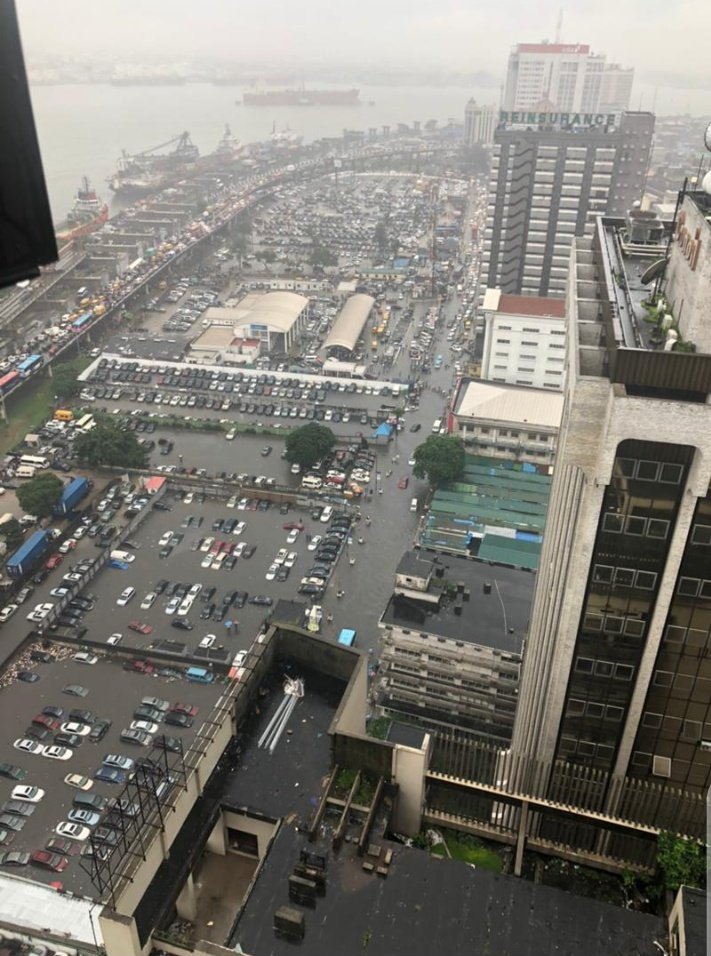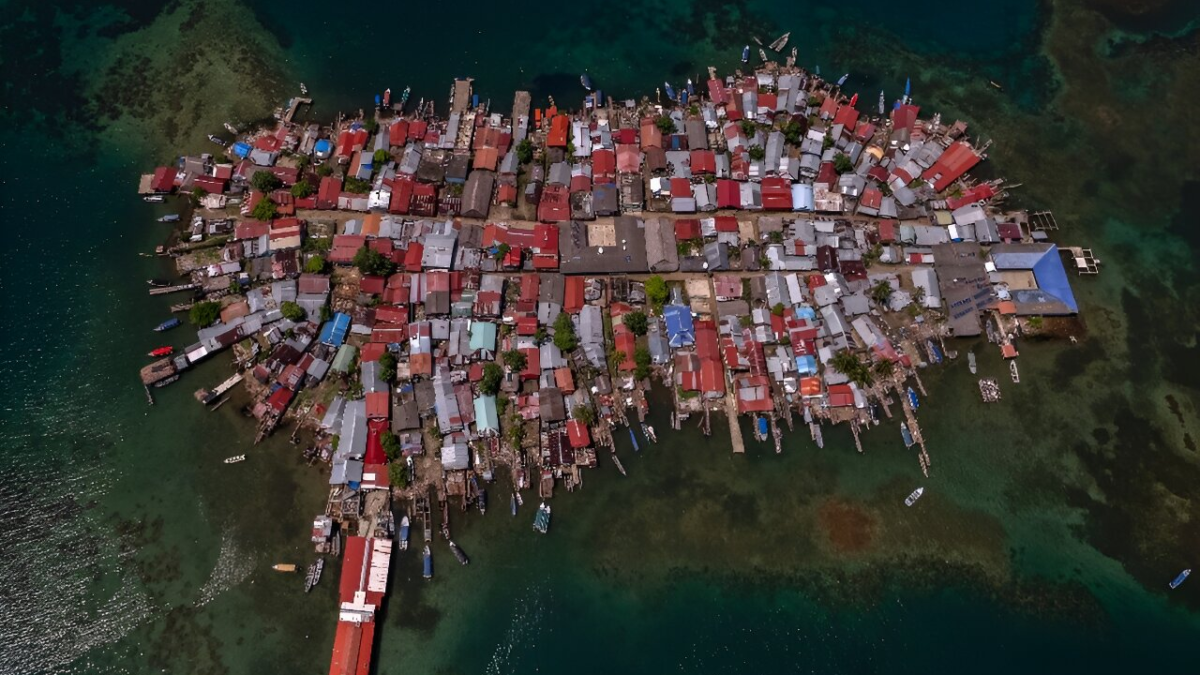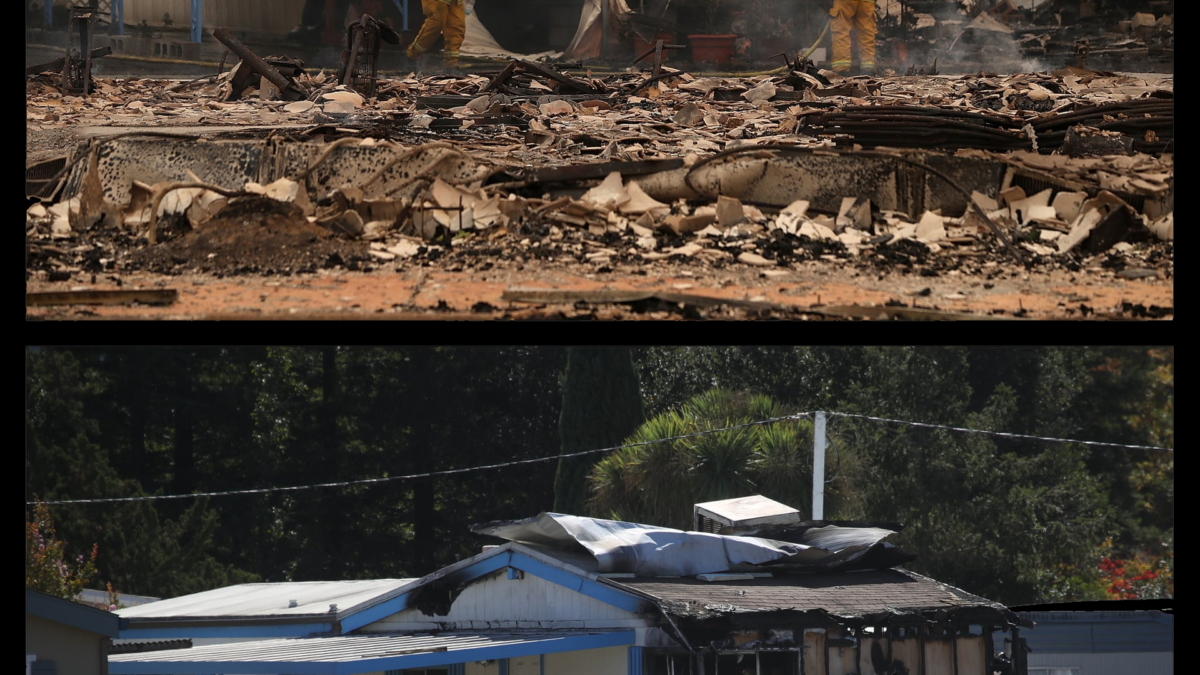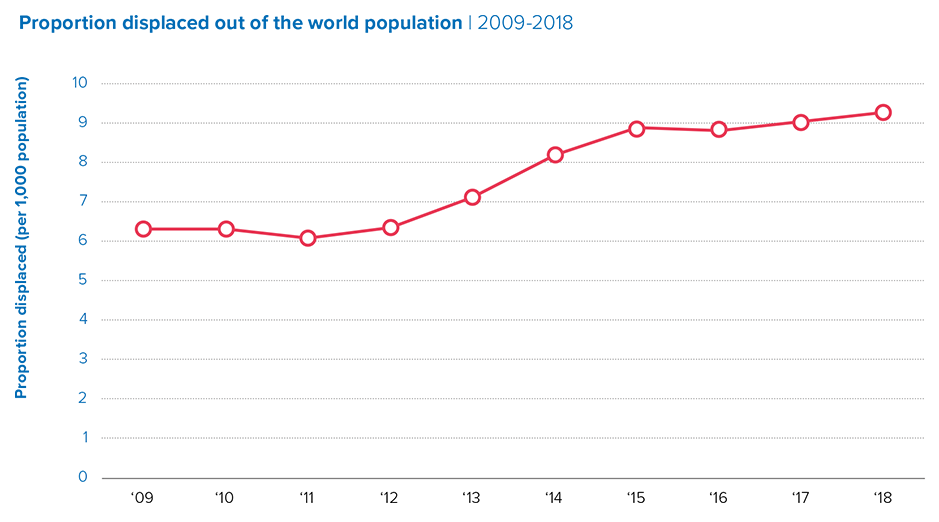Africa’s most populous city is battling floods and rising seas. It may soon be unlivable, experts warn.
By Nimi Princewill
1 August 2021
Lagos, Nigeria (CNN) – Cars and houses submerged in water, commuters wading through buses knee-high in floods, and homeowners counting the cost of destroyed properties.
Welcome to Lagos during rainy season.
Residents of Nigeria, Africa’s most populous nation, are used to the yearly floods that engulf the coastal city during the months of March to November. In mid-July, however, the major business district of Lagos Island experienced one of its worst floods in recent years.
“It was very bad, and unusual,” Eselebor Oseluonamhen, 32 told CNN.
“I drove out of my house … I didn’t realize it had rained so much … There was heavy traffic on my route because of the flood. The more we went, the higher the water level. The water kept rising until it covered the bumper of my car … then there was water flowing inside my car,” Oseluonamhen, who runs a media firm on the Lagos mainland, recalled.
Photos and videos posted to social media showed dozens of vehicles inundated with water after torrential rain. The floods paralyze economic activity, at an estimated cost of around $4bn per year.
Home to more than 24 million people, Lagos, a low-lying city on Nigeria’s Atlantic coast, may become uninhabitable by the end of this century as sea levels rise due to climate change, scientific projections suggest.
The problem is exacerbated by “inadequate and poorly maintained drainage systems and uncontrolled urban growth,” among others, according to a study led by the Institute of Development Studies. [more]



